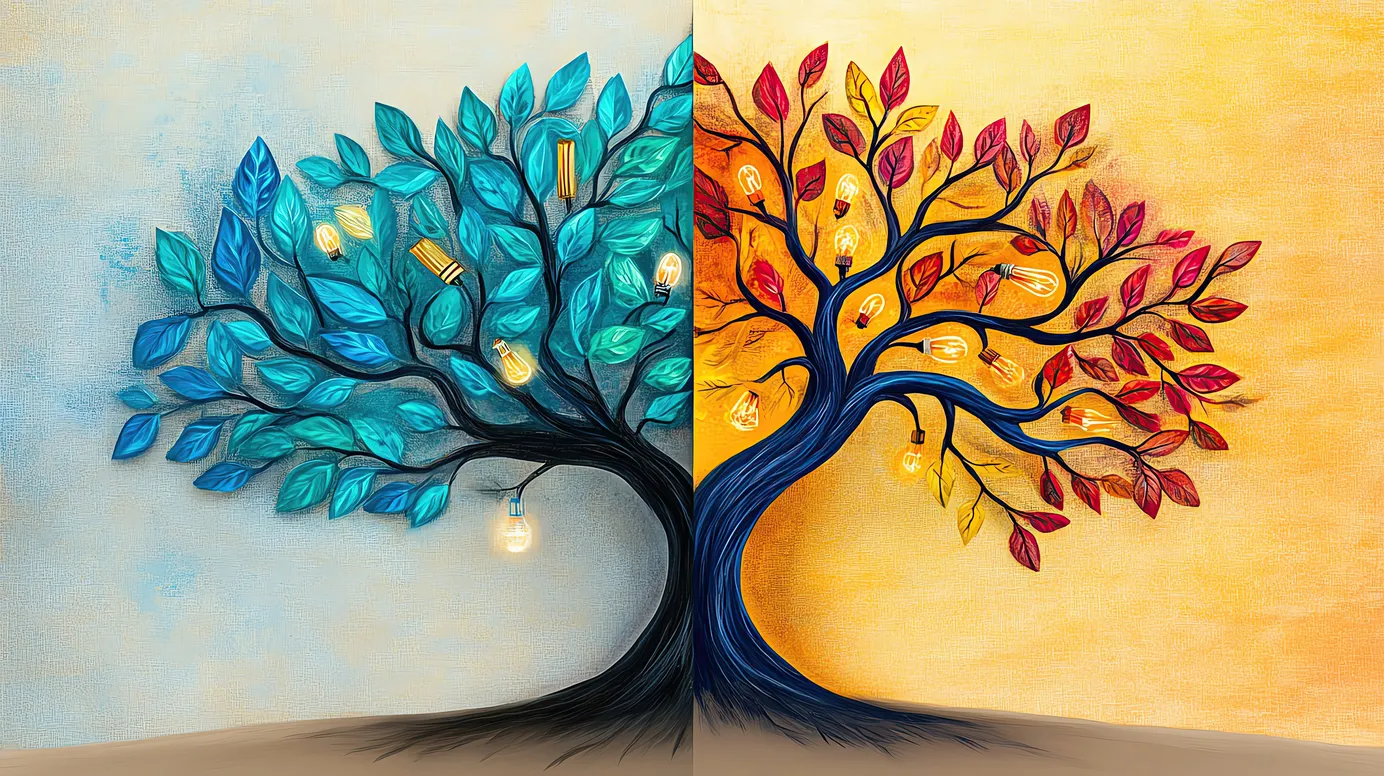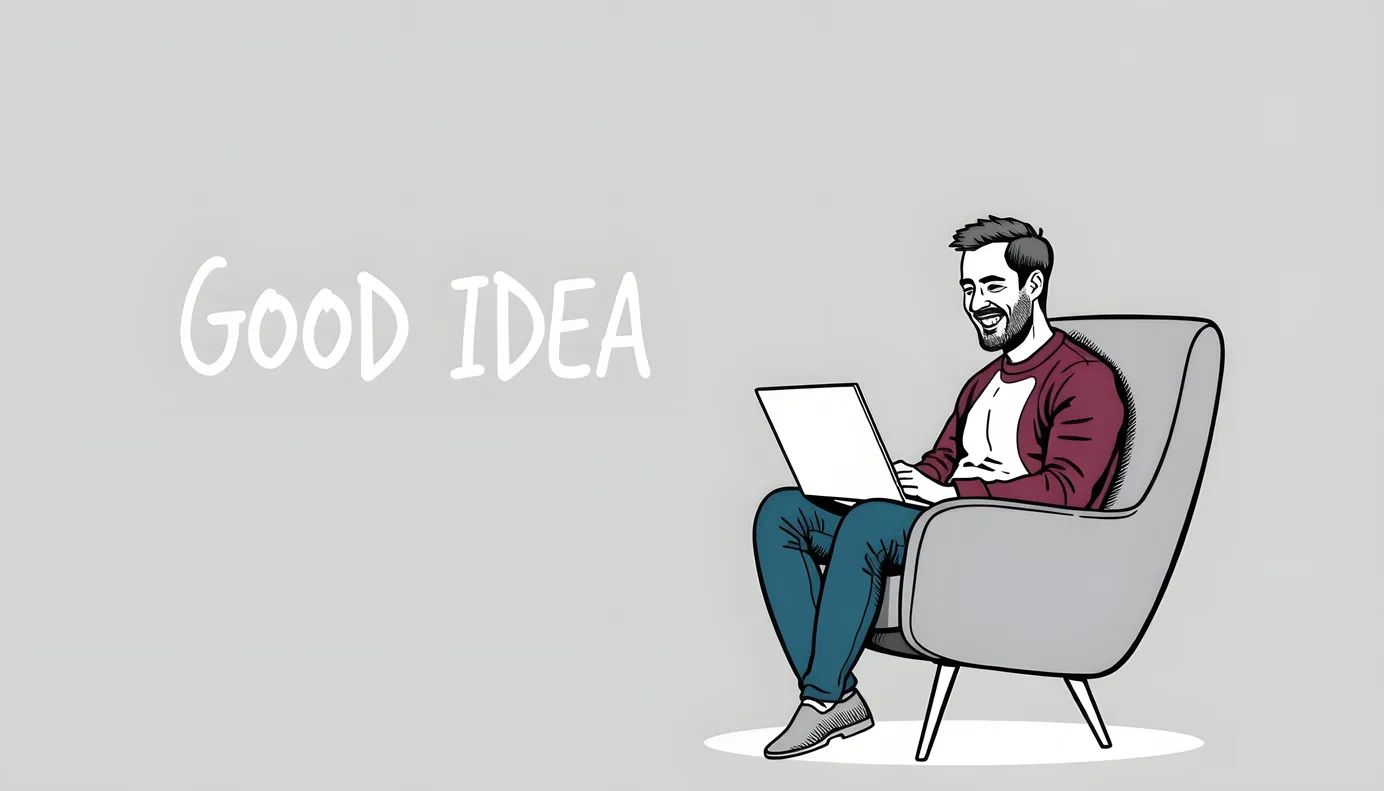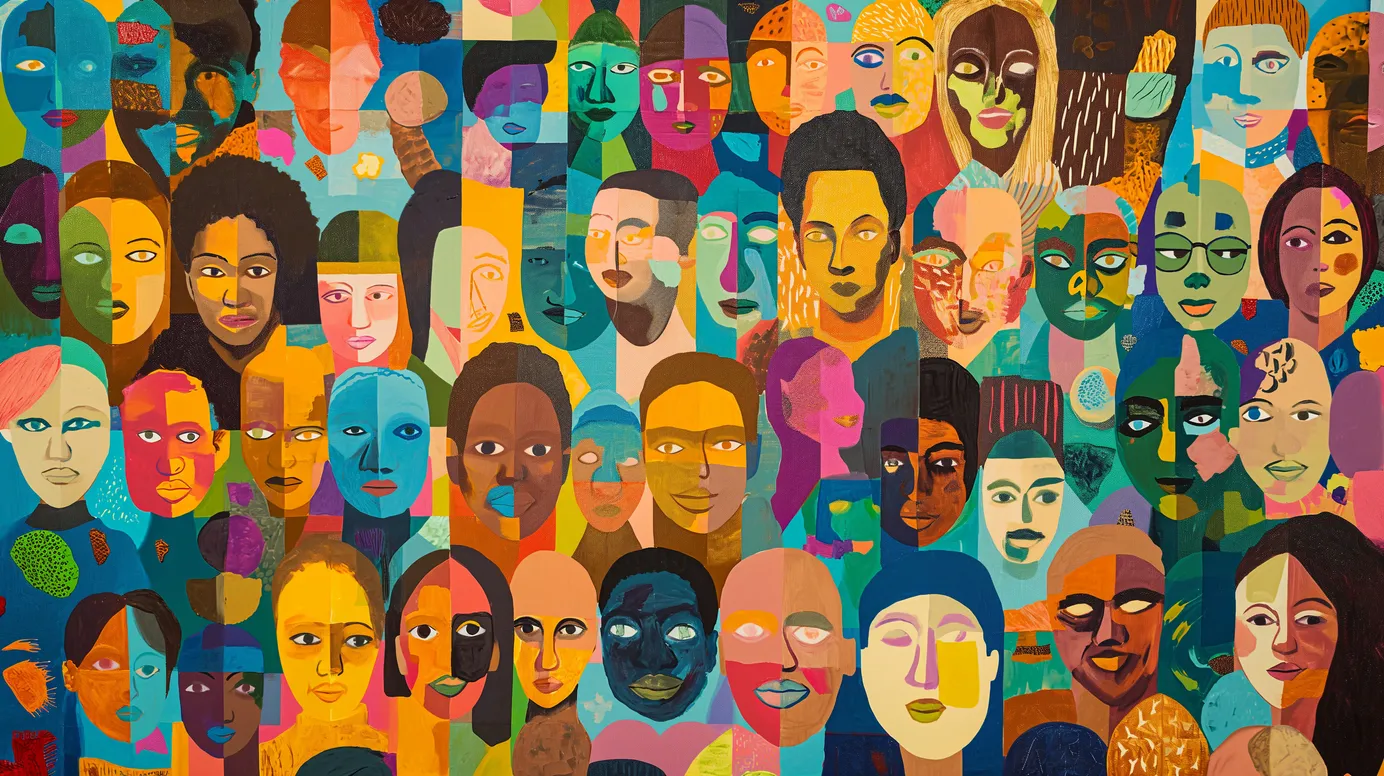Reversing Your Biological Age: Trend or Hype?
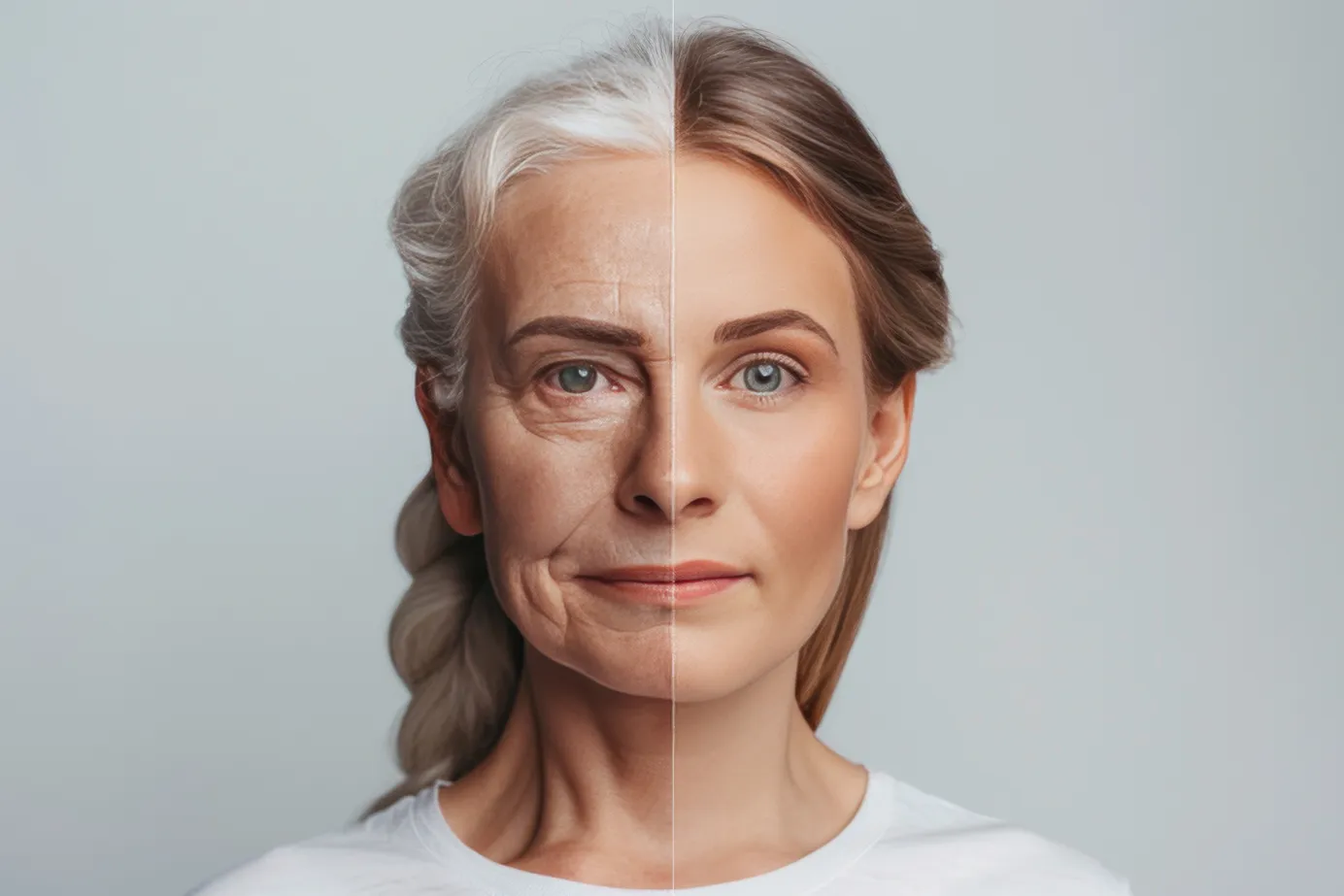
Summary: Can you really reverse your biological age? We explore the science, the hype, and what it means for longevity.
What's Important
When 69-year-old Dutch TV personality Emile Ratelband campaigned (and failed) to legally change his age by 20 years to avoid discrimination in 2018, it created quite a stir.
It also kicked off increased interest in the concept of "biological age." Recently, a Business Insider article took a cautious look at this idea, and it definitely caught our attention.
"Biological age" offers a new way to answer the age-old question, "How old are you?" Instead of measuring the years you've lived, biological age focuses on the health of your cells and organs.
The idea is gaining traction among researchers, doctors, and longevity enthusiasts, who argue it gives a more accurate reflection of your body's age.
According to the article, there's growing interest in slowing down the biological clock, if not outright reversing. Lifestyle changes, supplements, and even advanced medications are being used to keep cells youthful.
Business Insider highlights the success stories of experts like Dr. Mark Hyman, founder of the UltraWellness Center, and Bryan Johnson, a biotech entrepreneur. Both claim to have reduced their biological age by a decade through their respective regimens.
However, the concept of biological age comes with its fair share of skepticism. Determining someone's biological age isn't straightforward—how do you weigh factors like lung capacity against skin health or inflammation?
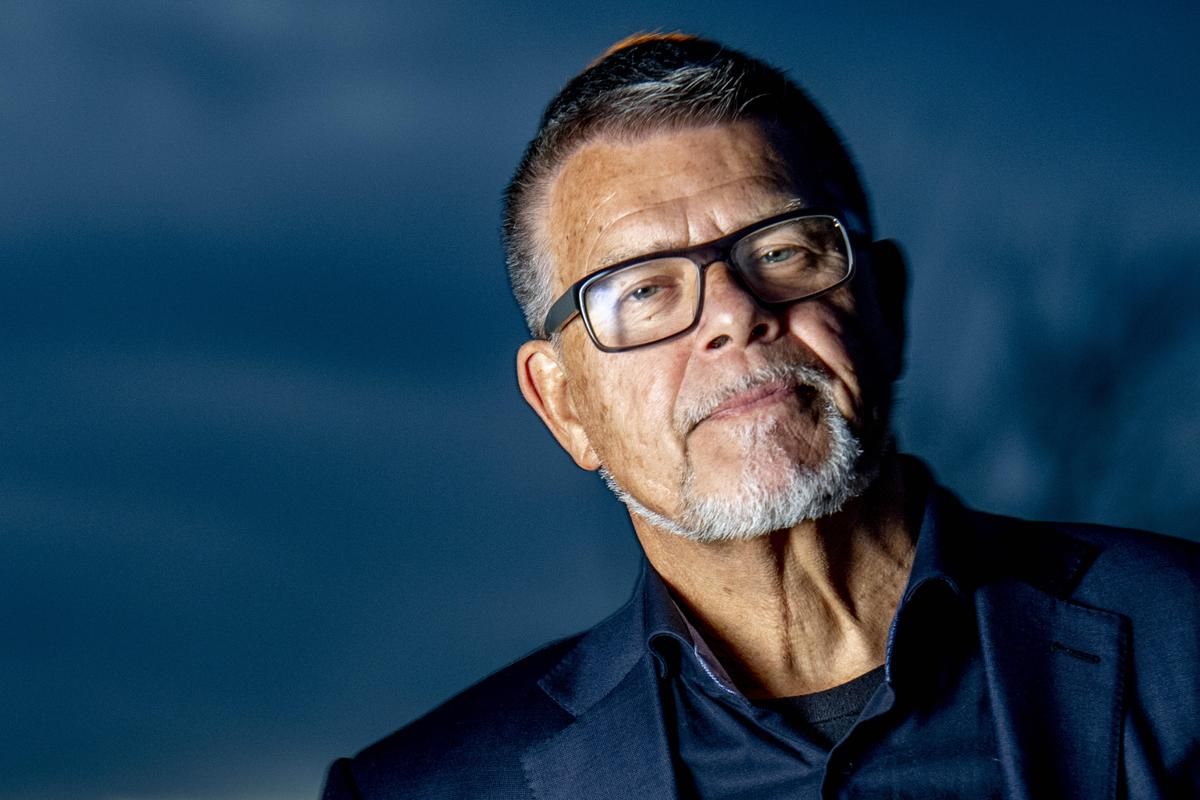
There’s no universally agreed definition, and the lack of standard methods makes it harder to pin down reliable numbers.
While inspiring, personal success stories (like those of Hyman and Johnson) can't be considered definitive scientific proof. Many experts caution against oversimplifying or misinterpreting the concept, highlighting how complex and variable human aging really is.
However, recent advancements, such as using blood markers to predict and potentially prevent aging-related diseases, show that the field holds exciting promise—even as big questions remain.
For example, can these tools accurately predict biological age for everyone, and could they help reverse aging for the masses?
Beyond the science, the article raises an important point about accessibility. Not everyone can afford costly anti-aging solutions or even access essential resources like nutritious food and clean air that support healthy aging. Any discussions about slowing down biological aging must also address these social and economic inequalities.
Our Take
We couldn’t help but laugh at the irony of life's new burning question. Just when you think you've put the "How old are you?" queries of your youth behind you, science throws us a curveball and asks, "But what's your biological age?"
Many of us might respond, "Do I really need to track yet another number?"
That said, the idea of biological age is undeniably intriguing. For those of us in midlife, it's a reminder that the number of times we've circled the sun doesn't necessarily define how we feel or what we're capable of. Healthy aging has always been about quality of life, not just quantity of years.
Yes, we admire pioneers like Hyman and Johnson for pushing the boundaries of what's possible, but it’s also clear this isn’t an everyday pursuit for most people.
Not everyone has Johnson's budget or time to hack their body, and plenty of midlifers are perfectly content with their lives as they are. Besides, the science of longevity is still in its infancy; there are more unknowns than guarantees at this point.
But here’s the reassuring perspective to take away—people are already living healthier, longer lives than before. Whether or not you track your biological age, what really matters is valuing the time you have, nurturing your health, and finding joy in the present. After all, life isn’t measured in numbers; it’s measured in moments.
Further Reading
- Aging Backwards, by Mirand Esmonde-White
- How to Calculate Your Bioligical Age, by Dr. Alexis Shields
- Lifespan: Why We Age - and Why We Don't Have To, by David Sinclair
Editor's note: Remember that this summary provides an overview of significant themes mentioned in the study, with our insights thrown in for good measure. For the full context and depth of content, always refer back to the original studies and articles.
Got an idea? We want to hear from you!
At The IC, we're always excited to bring fresh perspectives and unique voices to our community.
We'd love to connect if you have feedback, an article idea, or want to join us as a guest writer.
Email us at hello@interludecafe.com or head over to our Contact Us page to get started!

